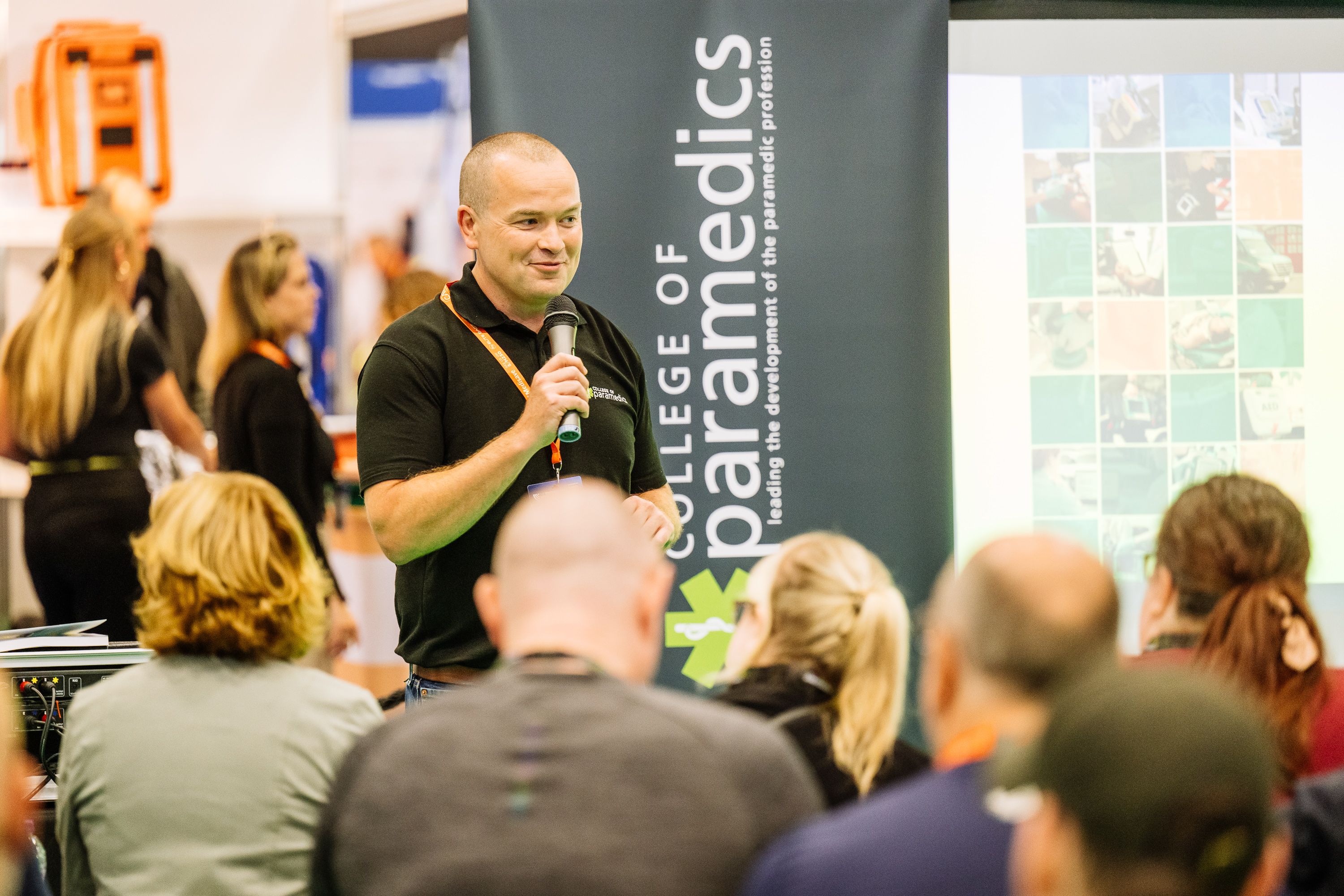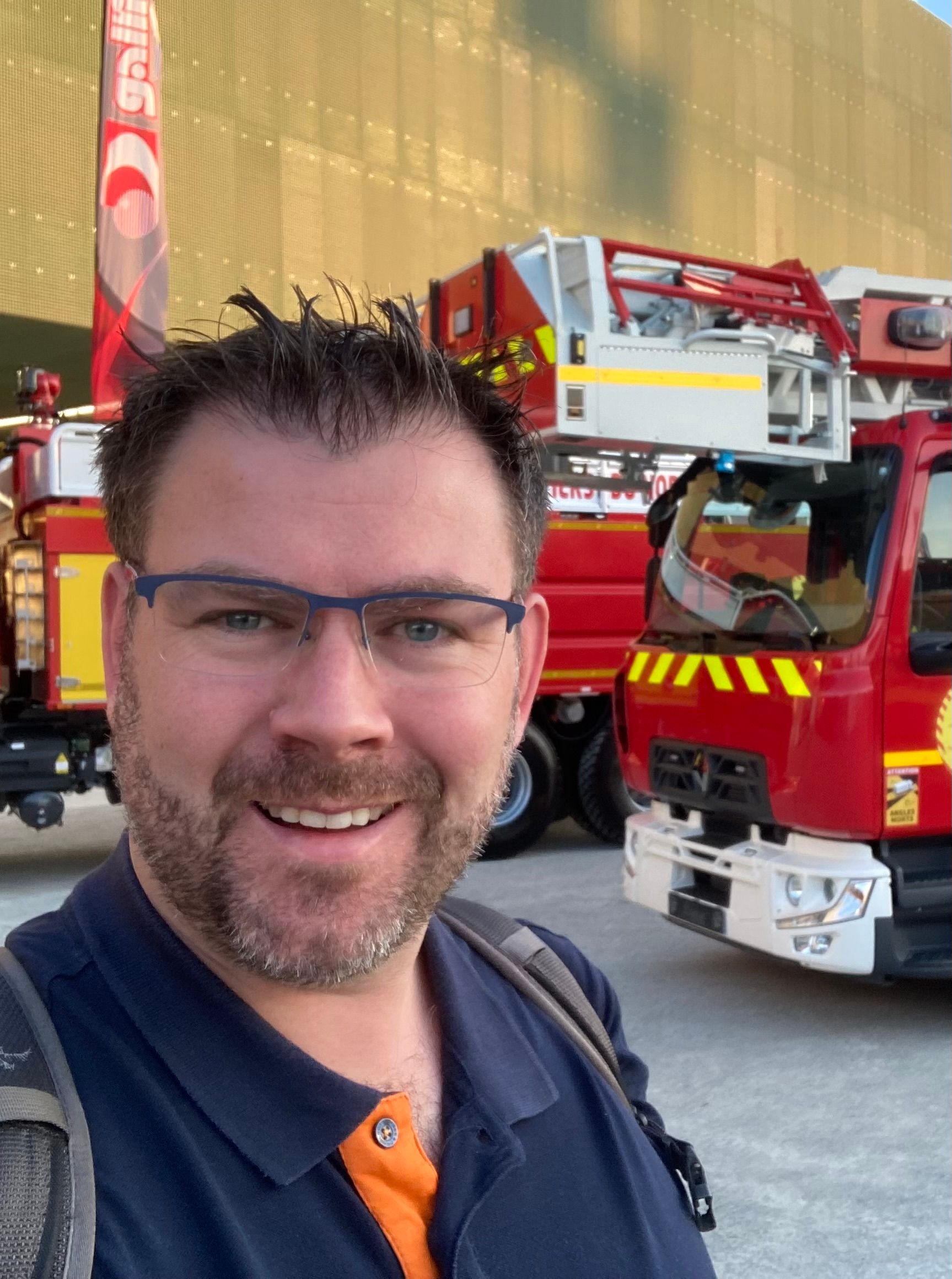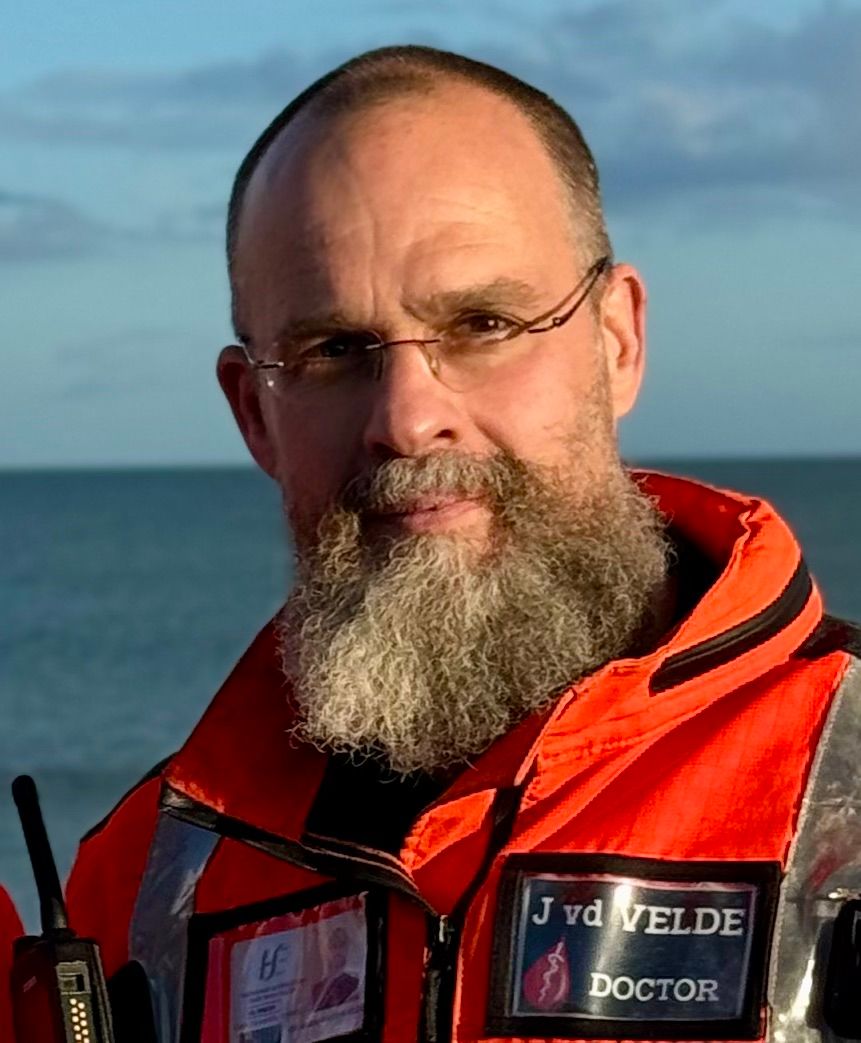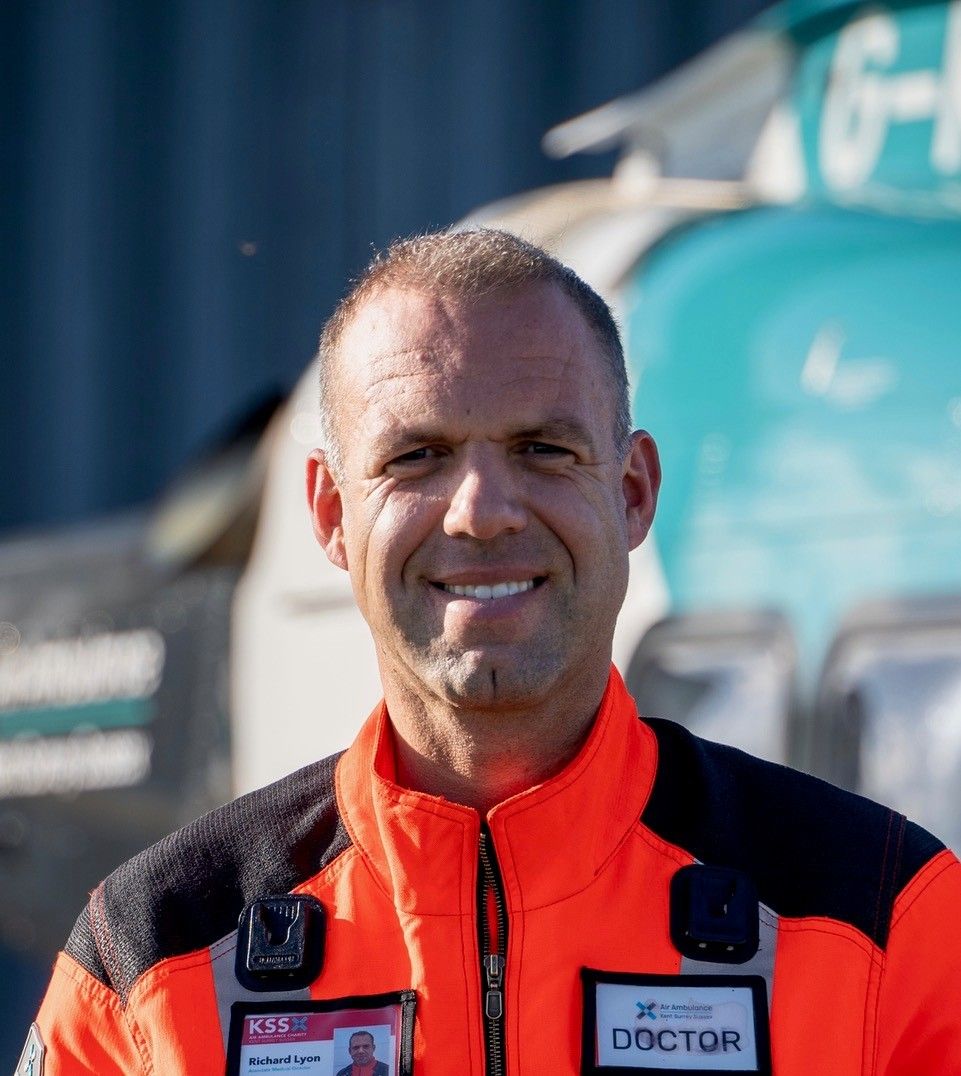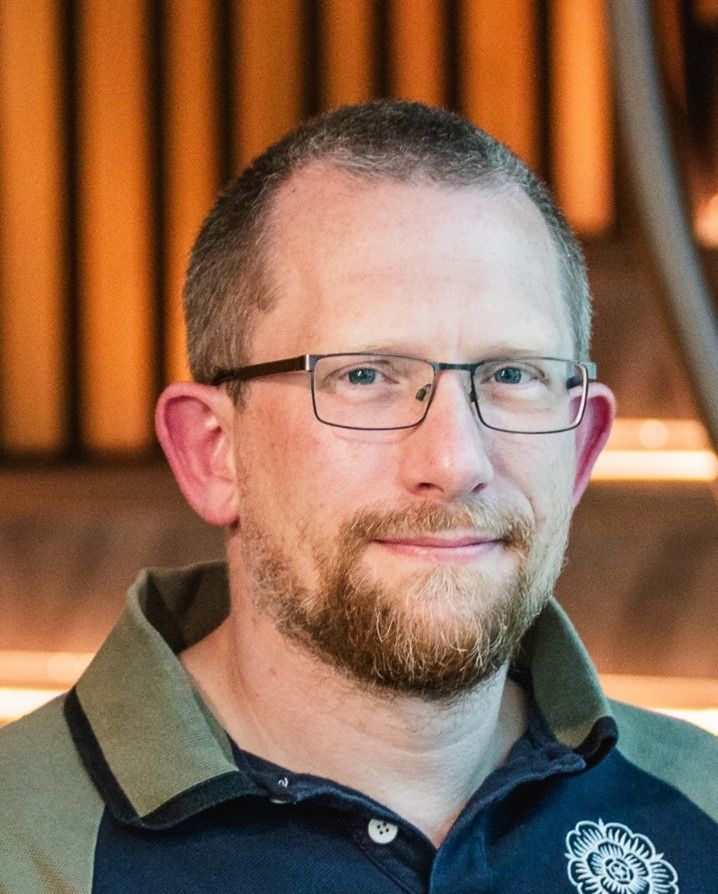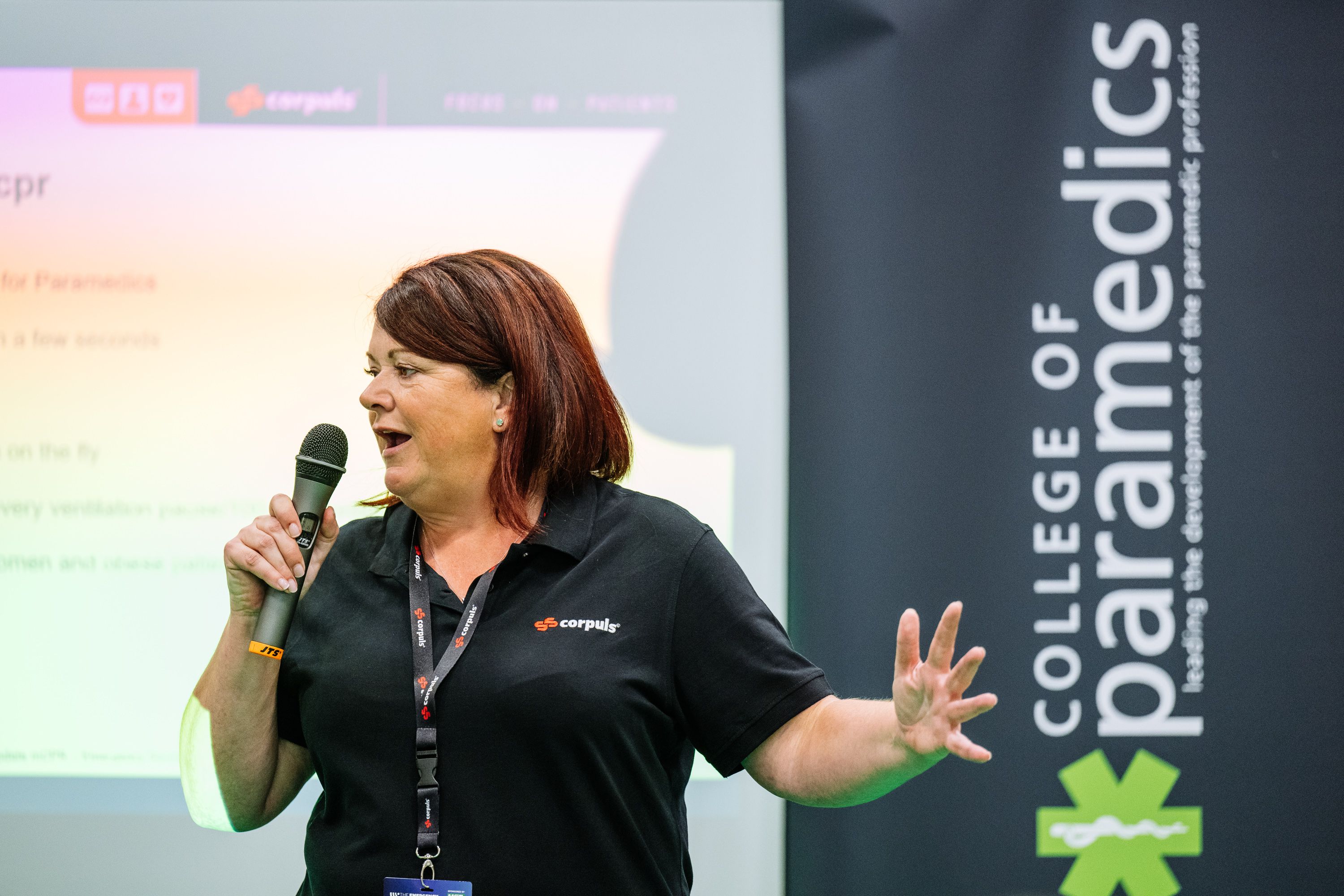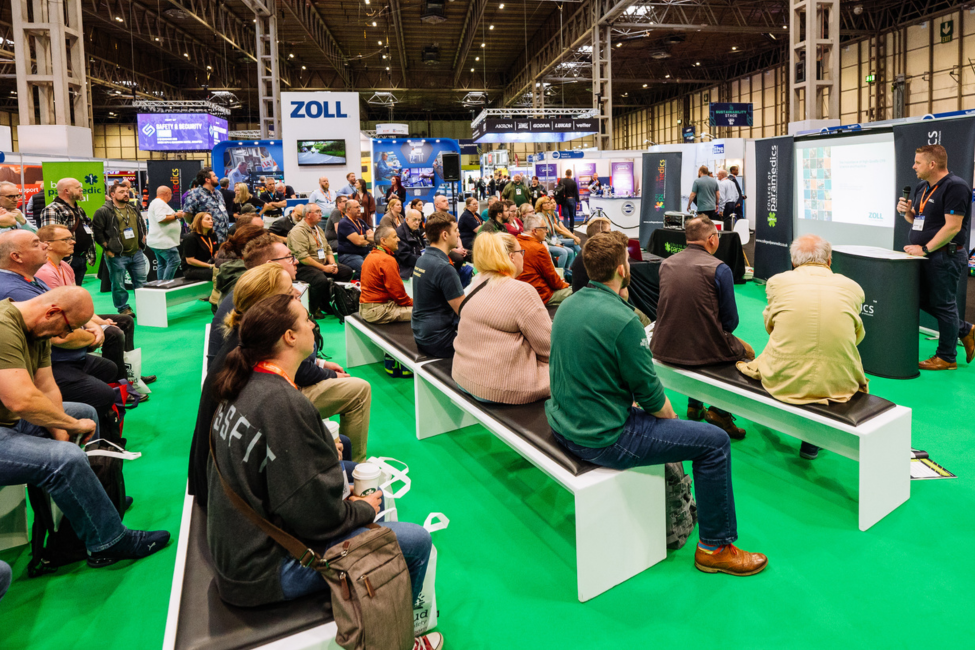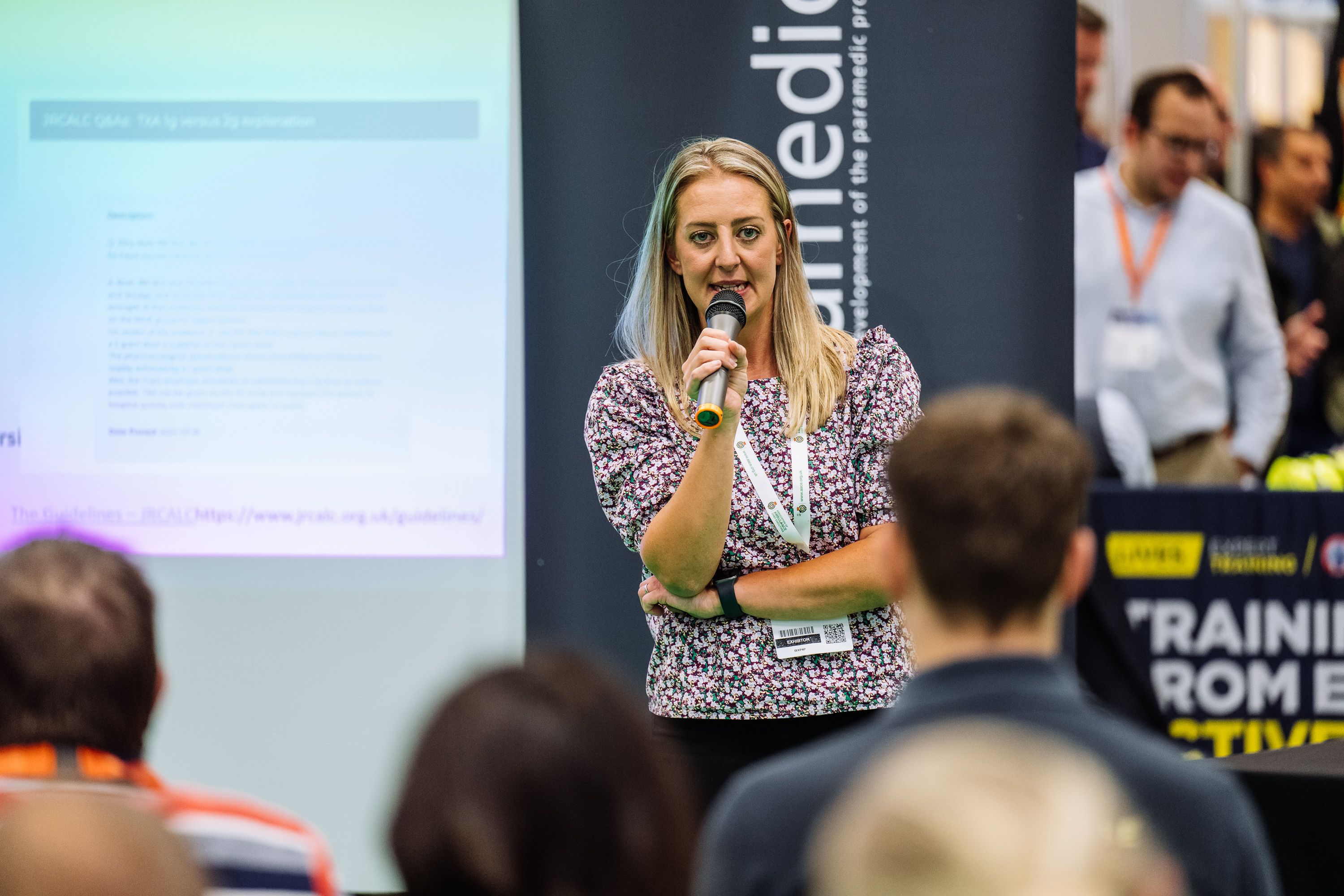Survival from out-of-hospital cardiac arrest (OHCA) remains low, and while resuscitation guidelines emphasise high-quality chest compressions, studies show that clinicians often struggle to meet ventilation standards during CPR. Ventilation Feedback Devices (VFDs) have been shown to improve ventilation quality, and this session will present a series of three studies by North East Ambulance Service (NEAS) exploring their impact. The first study (VANZ1) found that feedback significantly improved ventilation in a simulated OHCA with 106 clinicians. The second (VANZ2), involving 18 real patients, showed that ventilations often fell short of guidelines but improved with feedback. The current study involves 51 clinicians performing multiple CPR scenarios over six months to evaluate how feedback, whether ongoing, one-time, or absent, affects skill retention. This research has implications for clinical practice, education, and how ambulance services and others delivering CPR are trained and supported to ventilate effectively.

)
)
)

